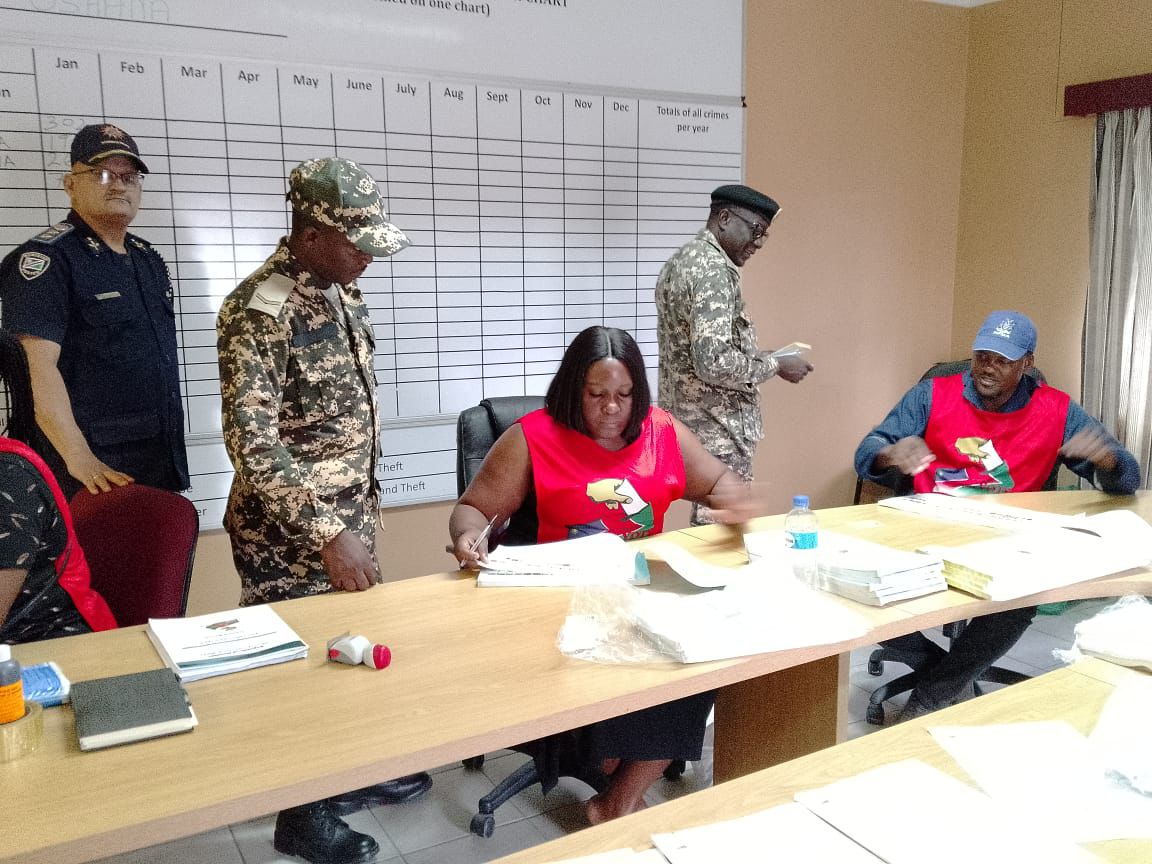The Ministry of Labour, Industrial Relations and Employment Creation is facing a shortage of labour inspectors.
The shortage is so dire that it is threatening to cripple the implementation of the recently gazetted new minimum wages.
The new minimum wages, set at N$18 per hour for employees but at N$12 per hour for domestic workers and N$10 per hour for agriculture workers, come into effect at the start of 2025.
Labour ministry executive director Lydia Indombo told The Namibian the ministry has only 51 labour inspectors responsible for the basic conditions of employment countrywide. Indombo says this is minimal, especially compared to the labour force of the country.
“The shortage of labour inspectors has been a thorn in the flesh to the ministry and has put it in a position of not being able to visit all workplaces as much as possible,” says Indombo.
She says the ministry hopes for more funds to be allocated to enable it to recruit more staff, including labour inspectors.
Idombo says the ministry has a unit dedicated to ensuring compliance with the relevant labour laws, including the just-pronounced national minimum wage.
“This is done through regular workplace inspections as well as attending to labour complaints as being lodged by aggrieved parties such as employers or employees.
As such, a similar but intensified approach coupled with public education will apply to ensure that employers comply with the bill,” she says.
Indombo emphasises that wages below the stipulated minimum are illegal and urges employees to report any violations to the ministry.
“We would like to reiterate that the introduction of this is a bare minimum and those that are already offering more than the order are encouraged to maintain the status quo and, where possible, keep on negotiating for better offers,” Indombo says.
Labour expert Herbert Jauch says the shortage of labour inspectors has a severe impact on the enforcement of the provisions of the Labour Act and minimum wages.
“In many cases, these minimum wages have been ignored by employers and even the basic conditions of employment as outlined in the Labour Act are not implemented at many workplaces,” he says.
Jauch accuses Swapo members of parliament, especially the younger ones, of staying silent when they should be speaking out.
“In the current scenario, most workers are left unprotected despite the legal provisions,” he says.
Jauch says the government needs labour inspectors to police sectors prone to exploitation.
“There are sectors where workers are poorly organised and thus lack organisational protection,” he says.
“In the absence of competent and dedicated labour inspectors, workers are likely to be left on their own, often at the mercy of employers who do not adhere to the legal provisions and obligations,” says Jauch.
He says the ministry should use its tripartite structures more meaningfully and work closely with both trade unions and employers’ organisations to reach an agreement that all legal provisions and minimum wages will be implemented.
Social justice activist Nafimane Hamukoshi says the shortage of labour inspectors undermines the protection of workers’ rights under the national minimum wage order, leaving many vulnerable to exploitation and mistreatment.
“Without adequate enforcement, employees, especially those in low-wage jobs, face significant risks such as unpaid wages, unsafe working conditions and unfair treatment,” she says.
Hamukoshi notes that the lack of oversight affects industries with a history of labour rights violations, exacerbating the exploitation of workers.
“Ineffective implementation of a minimum wage contributes to widening income inequality and deepening poverty levels, as workers are deprived of their rightful earnings,” she says.
She says the shortage of inspectors perpetuates systemic inequities, leading to long-term social consequences such as increased economic disparity and social unrest.
Namibian Revolutionary Transport Union leader Petersen Kambinda says the shortage has a negative impact on workers, particularly those in vulnerable or informal employment sectors.
He has accused the labour ministry of being ineffective in fulfilling its duties due to this shortage.
“Employees, especially those in informal industries, struggle to get the necessary attention from labour inspectors.
Their complaints are frequently overlooked or not taken seriously, which has led to a culture where vulnerable workers are neglected,” he says.
Stay informed with The Namibian – your source for credible journalism. Get in-depth reporting and opinions for
only N$85 a month. Invest in journalism, invest in democracy –
Subscribe Now!






